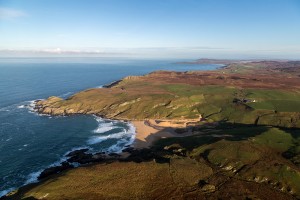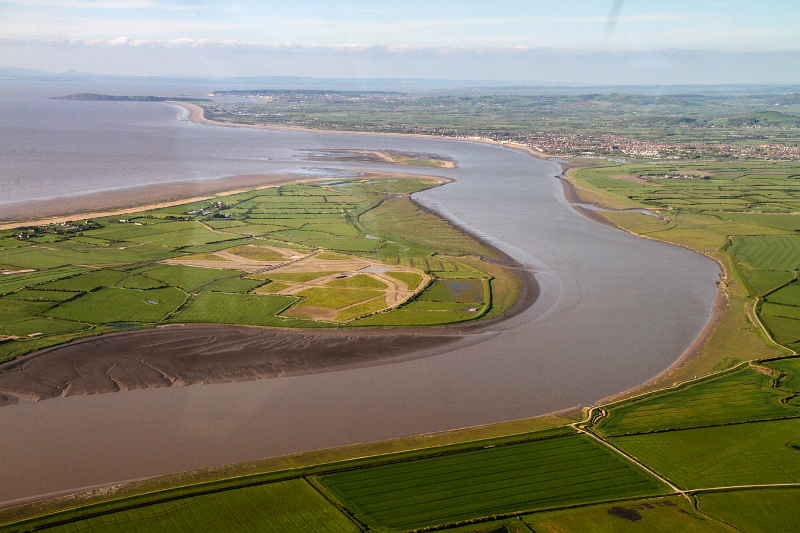Less salt on our veg, less sheep poo on our starfish


Sheep on high moorlands affect the UK’s starfish, says the Wildfowl & Wetlands Trust (WWT), and not enough people are thinking about that unlikely connection.
If you remember your water cycle lessons from school, water runs off high ground – taking manure and waste with it – and runs into the sea where it enters the food chain for marine organisms. Hence upland farms have an impact on our coastal waters.
And it works the other way too, with rising sea levels backing up into rivers where it can flood farmland and kill crops that can’t cope with salt water.
Yet this obvious point is often missing from water policy, because marine policy and freshwater policy often sit in different offices – in different organisations even.
WWT is concerned that measures to tackle pollution, flooding and drought in inland freshwaters are looked at in isolation from measures to protect our coastal waters. We might be missing a trick by not appreciating the interrelationships. So we’re inviting the two subject areas together at the 2015 Wetland Futures conference in Birmingham in October.
WWT’s Conservation Policy Officer Hannah Freeman said:
“In the world of policy making, there are freshwater specialists and marine specialists. We’re offering a chance for the freshwater specialists to get a bit salty and the marine specialists to get a bit fresh!
“You wouldn’t think Birmingham is the obvious place to discuss the interrelationship between rivers and coasts. But actually that’s the point, we need to appreciate that run-off from agriculture and industry in the West Midlands drains into the Celtic Sea and North Sea, both of which are over a hundred miles away.
“The more we realise our impact on the wider environment, I think the more we’ll realise how much good work is already happening and hopefully we’ll find ways to join that good work together.”
We’re inviting groups representing farmers, ports, fisheries, wildlife charities, local authorities and government agencies to share their experiences and issues across the fresh/saltwater divide, and to looking for ways to work together to find solutions.
The impact of – and on - farming will only be one of the topics covered. Water companies struggle to cope with heavy rain that washes raw sewage into the natural environment, but how can we work together to tackle that? Everyone is involved somehow – we’re all consumers and, no matter how much we recycle, there’s still an estimated 2,500 items of rubbish per kilometre of beach. This will be an opportunity to voice concerns and suggest partnerships.
To book a place, visit www.wwt.org.uk/wetlandfutures
